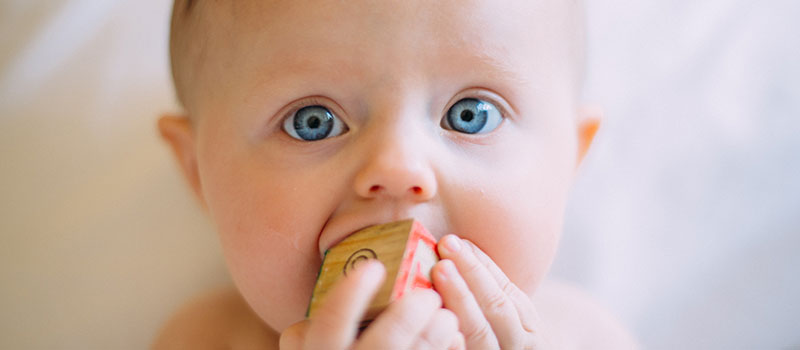Dear Dr. Reitz: I am pregnant with my first child, due in July. What do I need to know about proper care of my child’s first teeth? – Michelle
Dear Michelle: Congratulations on entering into parenthood. Many of the early decisions you make will have a long-term impact on your child’s oral health.
Some studies suggest there are dental benefits from mother’s milk that are not available from formula feeding. More effort and muscle coordination is needed by the baby to obtain breast milk than formula from a bottle. The effort on the part of the baby combined with the motion of the mandible and tongue during breast-feeding is thought to be a positive influence on oral development by strengthening mouth muscles.
One study suggested that bottle-fed babies obtain milk too quickly and finish eating before their sucking desire is satisfied. This can result in thumb sucking or use of pacifiers (termed non-nutritive sucking). There is strong evidence that children who continue non-nutritive sucking beyond age 2 are four times more likely to have a posterior crossbite.
Around 6 months of age, your child’s first primary teeth will start to erupt. This is the time you want to begin the habit of brushing his/her teeth before bed. Expect to be frustrated in the beginning. Up until this time, anything that went into their mouths was something to eat. Begin by using an infant-sized toothbrush with no more than a smear of toothpaste the size of a grain of rice. Pull back the lips and try to brush any visible teeth. With repetition, your child will grasp the concept of you doing their brushing. The American Dental Association recommends always using a fluoride toothpaste.
Children should be seen by a dentist no later than their first birthday. The first visit should be more fun and less clinical, because often that first experience lasts a lifetime. Getting accustomed to a hygiene visit at an early age takes the fear out of subsequent visits. The first visit is also about training the parents in effective dental home care. If habits such as thumb sucking or baby bottle mouth are occurring, the dentist can give guidance to minimize malocclusion and prevent tooth decay.
Although fluoride is present in many municipal water systems, children are drinking less tap water and more bottled water lacking fluoride. Early dental visits should include a discussion about supplemental fluoride. Fortifying the teeth with fluoride shortly after they erupt decreases the potential for decay.
With all the exciting changes happening in your life, don’t neglect your own oral health. In addition to keeping your mouth healthy, you will find your first prophy after the baby is born to be a wonderful time for you to relax.

